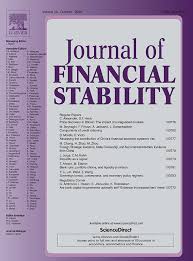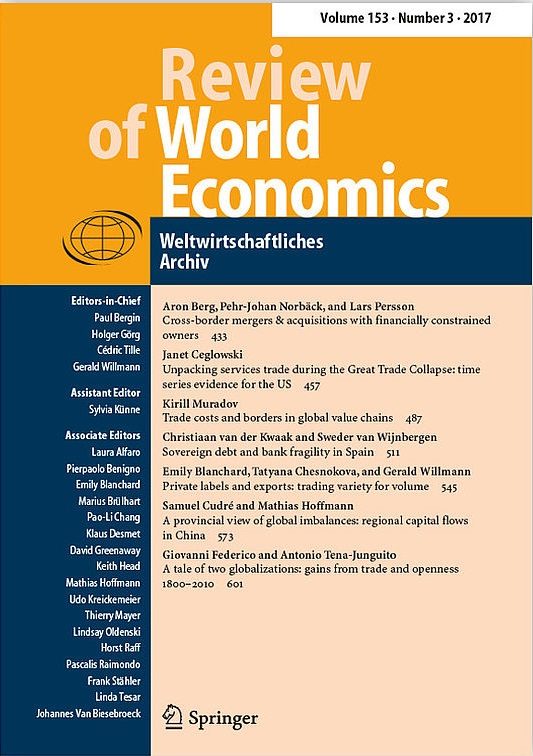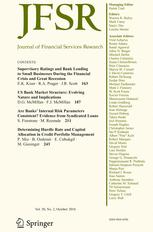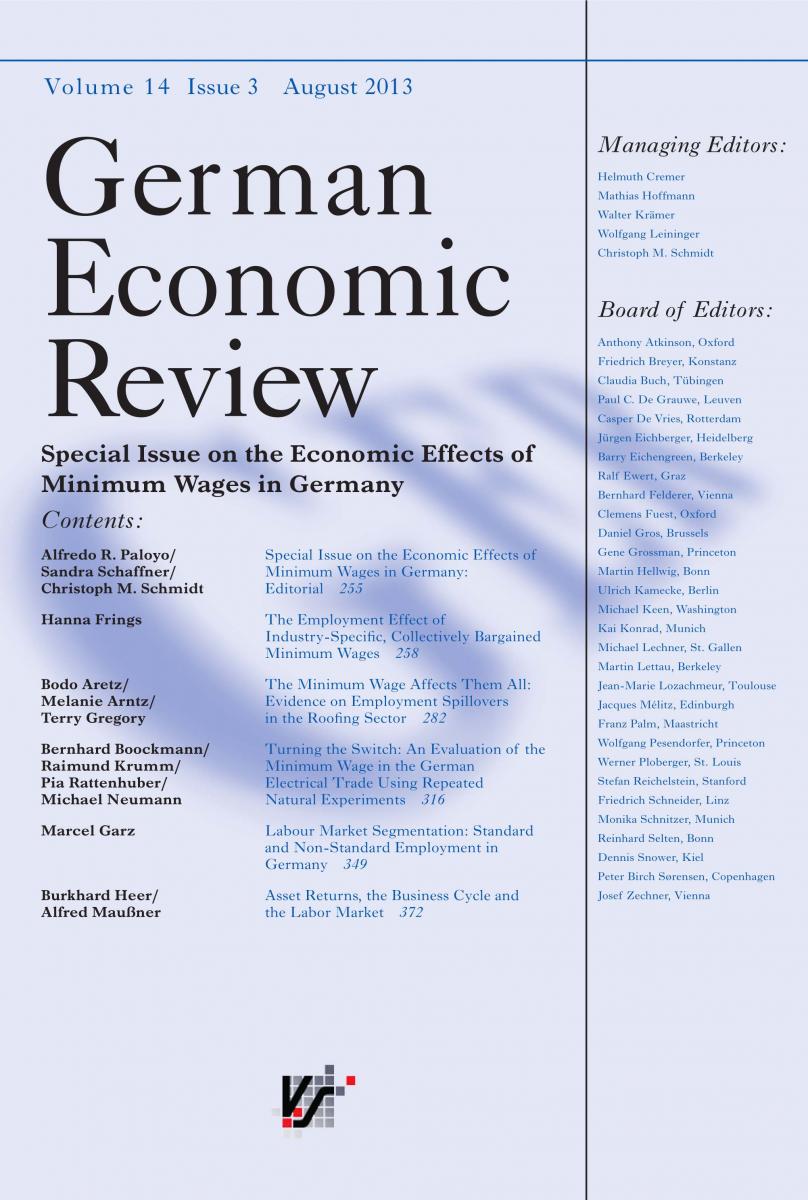Financial System Adaptability and Resilience
Financial systems differ across countries and tend to evolve slowly over time. Their structure is typically stable, but their resilience is often tested. A well-functioning financial system is vital for economic development, as it ensures that capital flows to the most productive and valuable investment opportunities. However, systemic vulnerabilities can have far-reaching consequences. For example, the 2007–08 global financial crisis emerged from within the financial sector itself when complex financial products fuelled a credit bubble in the U.S. housing market, threatening global economic stability when the bubble burst. That event led to extensive policy and regulatory reforms to strengthen financial system resilience.
Financial systems continue to face significant challenges. External shocks like the COVID-19 pandemic, the climate crisis, the green economic transition, and the energy crisis driven by geopolitical conflict all underscore the importance of financial systems that can absorb shocks and adapt to changing economic conditions. Motivated by these pressing issues, we investigate how financial systems respond to crises, which institutions and policies improve resilience, and the role of finance systems' setup in broader economic transformations. We use diverse data sources, including bank and firm-level data, regulatory reports, and house price and election data, to inform evidence-based policy.
Research Cluster
Financial Resilience and RegulationYour contact

- Department Financial Markets
EXTERNAL FUNDING
08.2022 ‐ 07.2025
OVERHANG: Debt overhang and green investments - the role of banks in climate-friendly management of emission-intensive fixed assets
The collaborative project “Debt Overhang and Green Investments” (OVERHANG) aims to investigate the role of banks in the climate-friendly management of emission-intensive fixed assets. This will identify policy-relevant insights on financial regulation, government-controlled lending and financial stability, as well as raise awareness among indebted stakeholders.
01.2015 ‐ 12.2019
Interactions between Bank-specific Risk and Macroeconomic Performance
07.2016 ‐ 12.2018
Relationship Lenders and Unorthodox Monetary Policy: Investment, Employment, and Resource Reallocation Effects
Leibniz Association
We combine a number of unique and proprietary data sources to measure the impact of relationship lenders and unconventional monetary policy during and after the European sovereign debt crisis on the real economy. Establishing systematic links between different research data centers (Forschungsdatenzentren, FDZ) and central banks with detailed micro-level information on both financial and real activity is the stand-alone proposition of our proposal. The main objective is to permit the identification of causal effects, or their absence, regarding which policies were conducive to mitigate financial shocks and stimulate real economic activities, such as employment, investment, or the closure of plants.
Refereed Publications

Is More Finance Better? Disentangling Intermediation and Size Effects of Financial Systems
in: Journal of Financial Stability, 2014
Abstract
Financial systems all over the world have grown dramatically over recent decades. But is more finance necessarily better? And what concept of financial system – a focus on its size, including both intermediation and other auxiliary “non-intermediation” activities, or a focus on traditional intermediation activity – is relevant for its impact on real sector outcomes? This paper assesses the relationship between the size of the financial system and intermediation, on the one hand, and GDP per capita growth and growth volatility, on the other hand. Based on a sample of 77 countries for the period 1980–2007, we find that intermediation activities increase growth and reduce volatility in the long run. An expansion of the financial sectors along other dimensions has no long-run effect on real sector outcomes. Over shorter time horizons a large financial sector stimulates growth at the cost of higher volatility in high-income countries. Intermediation activities stabilize the economy in the medium run especially in low-income countries. As this is an initial exploration of the link between financial system indicators and growth and volatility, we focus on OLS regressions, leaving issues of endogeneity and omitted variable biases for future research.

Financial Constraints and Foreign Direct Investment: Firm-level Evidence
in: Review of World Economics, No. 2, 2014
Abstract
Low productivity is an important barrier to the cross-border expansion of firms. But firms may also need external finance to shoulder the costs of entering foreign markets. We develop a model of multinational firms facing real and financial barriers to foreign direct investment (FDI), and we analyze their impact on the FDI decision. Theoretically, we show that financial constraints can affect highly productive firms more than firms with low productivity because the former are more likely to expand abroad. We provide empirical evidence based on a detailed dataset of German domestic and multinational firms which contains information on parent-level financial constraints as well as on the location the foreign affiliates. We find that financial factors constrain firms’ foreign investment decisions, an effect felt in particular by firms most likely to consider investing abroad. The locational information in our dataset allows exploiting cross-country differences in contract enforcement. Consistent with theory, we find that poor contract enforcement in the host country has a negative impact on FDI decisions.

Why Do Banks Provide Leasing?
in: Journal of Financial Services Research, No. 2, 2014
Abstract
Banks are engaging in leasing activities at an increasing rate, which is demonstrated by aggregated data for both European and U.S. banking companies. However, little is known about leasing activities at the bank level. The contribution of this paper is the introduction of the nexus of leasing in banking. Beginning from an institutional basis, this paper describes the key features of banks’ leasing activities using the example of German regional banks. The banks in this sample can choose from different types of leasing contracts, providing the banks with a degree of leeway in conducting business with their clients. We find a robust and significant positive impact of banks’ leasing activities on their profitability. Specifically, the beneficial effect of leasing stems from commission business in which the bank acts as a middleman and is not affected by the potential defaults of customers.

IT Use, Productivity, and Market Power in Banking
in: Journal of Financial Stability, No. 4, 2013
Abstract
Information management is a core process in banking that can resolve information asymmetries and thereby help to mitigate competitive pressure. We test if the use of information technology (IT) contributes to bank output, and how IT-augmented bank productivity relates to differences in market power. Detailed bank-level information on the use of IT reveals a substantial upward bias in bank productivity estimates when ignoring banks’ IT expenditures. IT-augmented bank productivity correlates positively with Lerner markups. A mere increase in IT expenditures, however, reduces markups. Results hold across a range of bank output definitions and productivity estimation methods.

Has Labor Income Become More Volatile? Evidence from International Industry-Level Data
in: German Economic Review, No. 4, 2013
Abstract
Changes in labor market institutions and the increasing integration of the world economy may affect the volatility of capital and labor incomes. This article documents and analyzes changes in income volatility using data for 11 industrialized countries, 22 industries and 35 years (1970–2004). The article has four main findings. First, the unconditional volatility of labor income has declined in parallel to the decline in macroeconomic volatility. Second, the industry-specific, idiosyncratic component of labor income volatility has hardly changed. Third, cross-sectional heterogeneity is substantial. If anything, the labor incomes of high- and low-skilled workers have become more volatile relative to the volatility of capital incomes. Fourth, the volatility of labor income relative to the volatility of capital income declines in the labor share. Trade openness has no clear-cut impact.
Working Papers

Corporate Governance Structures and Financial Constraints in Multinational Enterprises – An Analysis in Selected European Transition Economies on the Basis of the IWH FDI Micro Database 2013 –
in: IWH Discussion Papers, No. 3, 2015
Abstract
In our analysis, we consider the distribution of decision power over financing and investment between MNEs’ headquarters and foreign subsidiaries and its influence on the foreign affiliates’ financial restrictions. Our research results show that headquarters of multinational enterprises have not (yet) moved much decision power to their foreign subsidiaries at all. We use data from the IWH FDI Micro Database which contains information on corporate governance structures and financial restrictions of 609 enterprises with a foreign investor in Hungary, Poland, the Czech Republic, Slovakia, Romania and East Germany. We match data from Bureau van Dijk’s AMADEUS database on financial characteristics. We find that a high concentration of decision power within the MNE’s headquarter implicates high financial restrictions within the subsidiary. Square term results show, however, that the effect of financial constraints within the subsidiary decreases and finally turns insignificant when decision power moves from headquarter to subsidiary. Thus, economic policy should encourage foreign investors in the case of foreign acquisition of local enterprises to leave decision power within the enterprise and in the case of Greenfield investment to provide the newly established subsidiaries with as much power over corporate governance structures as possible.



















